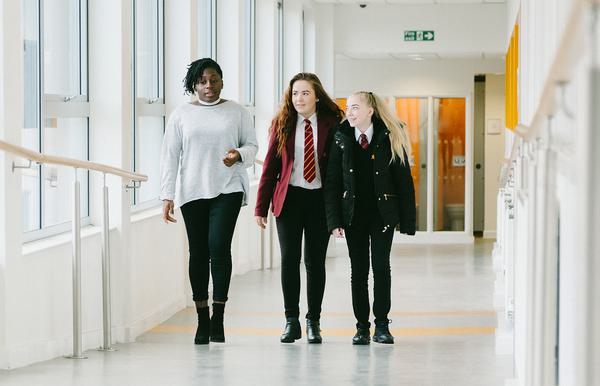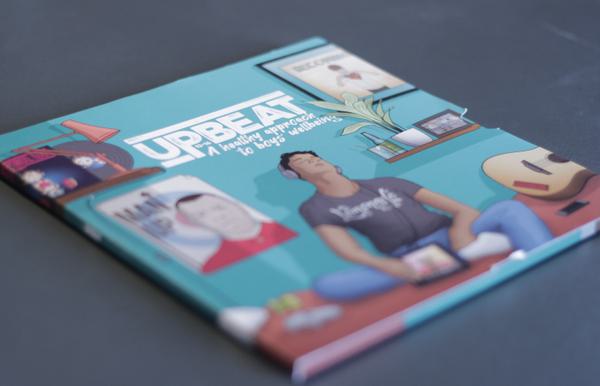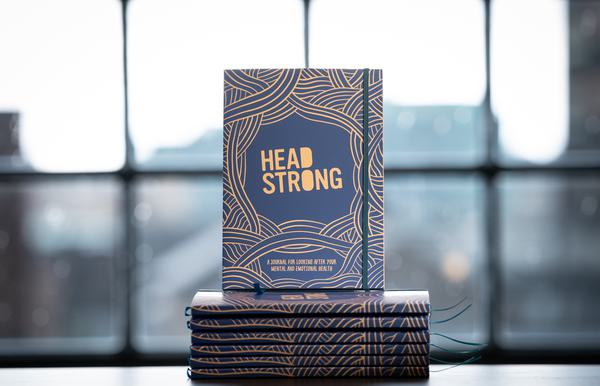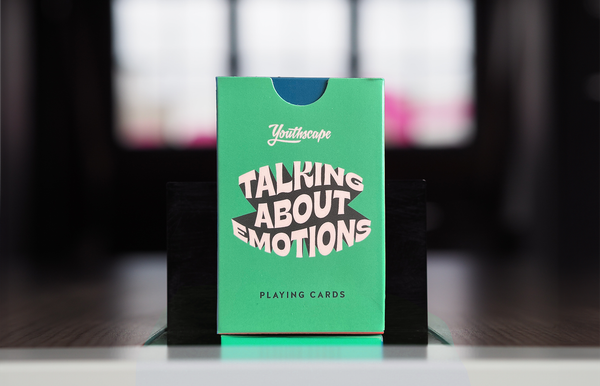Our Emotional Wellbeing work in schools has two streams: One-to-One Mentoring and Group Work. We support young people dealing with with a wide range of issues including anger, anxiety and low self-esteem.
Covid-19 update
The pandemic has turned the lives of millions of children and young people upside down. It's also changed what kind of activities are safe to continue. From September 2020 we're pausing many of our existing programmes, including this one, and refocusing our Luton work on where we can make the most difference to those who need our help.
Mentoring
Our mentors support young people with a range of needs: behavioural problems in school, bullying, loss, self-harm, anxiety, students who are LAC (looked-after children) and many other areas they might need support in. We offer two types of mentoring depending on the needs of the young person: coaching and listening.
Mentoring is ideal support for students who might find groups intimidating or who might be a distraction to the group. It is also helpful for students who have more complex needs where it wouldn’t be appropriate for them to share information in a group context.
All mentoring is delivered by our staff members or specifically trained volunteers who are supervised by a member of the Youthscape team. Whilst our team is trained to deliver mentoring and not counselling, if we are concerned a young person is in need of specialised help we will support you in the process of referring onwards.
Costs are £10 per mentoring session. Youthscape staff and team will provide all activities and equipment they will need. We track progress throughout the sessions using a mixture or observation and scaling with the students. At the end of each term, schools receive a progress summary.
Coaching
This is for short-term support, sessions last from 30-45 mins, they range from 6-12 weeks and are predominantly activity focused. The mentors help the student work on finding their goal, strategies and techniques for moving towards that goal as well as working through what holds them back or might prevent them from moving on. Coaching works well for young people with specific needs and clear aims/goals, such as working on behaviour in school or exploring their future options. Students of any age can be supported through coaching.
Listening
This is a longer-term approach to mentoring, sessions last approx 45 mins and are most effective with students aged 13+. There is a level of flexibility on the duration of mentoring from three months onwards; the length of time will be in consultation with the student and the school and is dependent on need. The Listening method is focused on the student, helping them develop and understand their experiences and emotions. It provides them space to process big life events but also their day to day experiences, it teaches them to reflect and evaluate how they deal with situations and then learn from them.
Our Emotional Wellbeing work also includes projects that take place outside of school, such as external mentoring, as well as activities based at Bute Mills like the Art Project and Hope Afternoon.

Group Work
Our Group Work is similar in content and approach to our Mentoring programmes, but catered to a group of students. This broader context offers different options for activities compared to one-to-one work, and also allows students to gain insights and support from their peers.
Groups last up to an hour during the schools day, usually in place of a lesson. The programme lasts for eight weeks, together with a one-to-one introductory session with each student. School staff are responsible for co-ordinating a student's timetable and permission to be absent from lessons. The cost is £40 per student.
All that is required from the school is a suitable room, for referral forms to be returned ahead of the introductory sessions and schools to organise getting the students to the sessions on time. The cost of a group programme is £40 per student.
Confidence - low self-worth
This is a course for students in Year 7, 8 and 9, who are struggling with low self-worth, and who need to build confidence and friendships. When someone has low self-esteem they tend to avoid situations where they think there’s a risk of failure, embarrassment or making mistakes. These can involve schoolwork, making friends, and trying new activities, which are all important parts of a healthy life. The curriculum uses a range of group activities, personal tasks and discussion to help students recognise their own value and worth. It also helps them learn how to respond to negative criticism or comments from peers.
Engage - anger
This is a course for students in Year 8, 9 and 10 who are finding it hard to cope with their anger and how to manage conflict. Anger is a secondary emotion, triggered by something deeper, and the discipline and structure of schools often bring students into conflict based on something which may have its roots elsewhere. The group curriculum helps students explore these causes as well as teaching them to manage conflict in a healthy and constructive way. Self-reflection and awareness, communication skills and recognising triggers are some of the topics covered through a range of group activities, personal tasks and discussion.
Alumina - self-harm
This is a course for students in Years 9, 10 and 11 who have disclosed they are self-harming, especially where that behaviour is in its earliest stages and unlikely to meet thresholds for referral to NHM specialists services. Young people often harm themselves as a way of coping with overwhelming emotions and the course curriculum helps them explore these causes as well as alternative and safer ways of coping. They also learn how to build resilience to deal with pressures and problems without harming, and to recognise what triggers their behaviour.
Connect - emotional literacy
This is a course for students in Years 7, 8 and 9 to develop their understanding and self awareness of their emotions, and how they impact their lives and actions. Emotional Literacy involves having self-awareness and recognition of your own feelings and knowing how to manage them, such as the ability to stay calm when you are angry or to reassure yourself when in doubt. It's a vital skill for young people to develop into well-rounded and resilient adults. The course curriculum also helps the students work on their interpersonal skills to better learn to communicate and build healthy relationships.
Getting advice and making a referral
If you have any further questions about our work with looked after young people, or for more information about any of our programmes, please contact our Engagement Manager, Gemma Milligan. To make a referral, complete a referral form for the young person.








